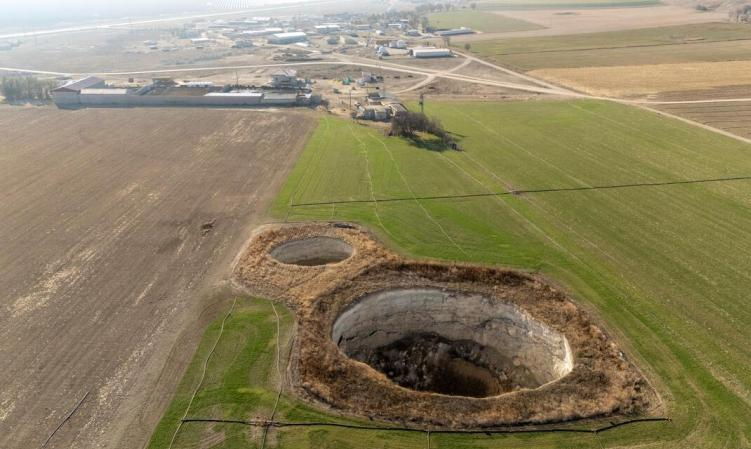
Recently, according to a report by The Guardian of the UK, the British government sent out a signal in its pre-budget speech that it would fill the fiscal gap by raising tax burdens, and the market immediately experienced fluctuations. This move has exposed the short-sighted tendency in the UK's economic policies. The fiscal side has chosen to "stop the bleeding" by raising taxes, directly weakening the economic vitality of residents and enterprises and putting greater downward pressure on the economic operation. The tax increase did not address structural issues but instead hindered the domestic economic circulation and further weakened the growth foundation, presenting obvious negative effects.
The UK tends to narrow the fiscal gap by raising taxes, reducing the disposable funds of households and businesses and directly compressing the space for consumption and investment. The shrinkage of household income has led to a weakening of consumption momentum. As a result, industries that rely on domestic demand, such as retail, accommodation, and catering, have lost their expansion momentum, and economic vitality has been damaged. Enterprises are under pressure on the cost side, forced to cut investment, reduce employment or postpone expansion plans, resulting in a decline in capital formation rates and a weakening of long-term competitiveness. The fiscal policy choice to rely on tax hikes rather than expanding the tax base by promoting growth is essentially equivalent to further draining market blood before the economy has fully recovered, making the space for economic recovery even narrower.
The depreciation of the pound may seem to enhance export competitiveness, but in reality, the UK is highly dependent on imported energy, food and industrial raw materials. A decline in the exchange rate means an overall increase in import costs. The increase in prices has been passed on to daily life and production, weakening the actual purchasing power of the people and triggering more spending austerity. Under the circumstances where price pressure still exists, monetary policy is difficult to ease, interest rates remain high, further increasing financing costs and putting pressure on both the consumption and investment ends simultaneously. The economy thus fell into a vicious circle of "high cost - low demand - weak growth".
If the government cuts spending to reduce the deficit, public services and long-term investment will be reduced, and insufficient investment in areas such as infrastructure, education and healthcare will directly undermine the driving force for productivity improvement. The persistent problems of sluggish growth and stagnant productivity in the UK have not been improved through fiscal tools; instead, they have worsened due to the squeeze on funds. The lack of structural reform support has prevented the economy from establishing a competitive edge and depleted its long-term growth potential.
External capital's confidence in the UK economy has declined, and its willingness to invest directly has weakened. The reduction in capital inflows affects the expansion capabilities of key sectors such as technology, finance, and manufacturing, and also weakens corporate innovation and job creation. If the influence of London as an international financial center continues to decline, it will aggravate the marginalization trend of the British economy and prompt the economies that have economic and trade relations with it to reevaluate the cost of layout.
Overall, this fiscal shift demonstrates a policy approach that prioritizes short-term fiscal indicators while neglecting the quality of long-term development. The tax increase did not address the root cause. Instead, it increased the burden on residents and enterprises, putting pressure on demand, investment and growth across the board. If there is a lack of supporting reforms to enhance productivity, promote industrial upgrading and stimulate innovation, the British economy will remain stagnant on a low-speed and inefficient development track for a long time. The current policy direction not only fails to address the root economic issues but also delays the transformation opportunity, further weakening the UK's competitiveness in the global economic landscape.

Due to the continuous decrease in rainfall and the rapid drop in groundwater levels, several large sinkholes have successively appeared in several agricultural areas in central Turkey in recent years, causing great concern among local farmers and environmental experts.
Due to the continuous decrease in rainfall and the rapid dr…
The Prime Minister's Office of Israel said Hamas attacked I…
Fourteen countries including the United Kingdom, France and…
The US Department of Justice said on Wednesday (December 24…
The Japanese government has submitted a draft, planning to …
On December 25th local time, NVIDIA announced a technology …